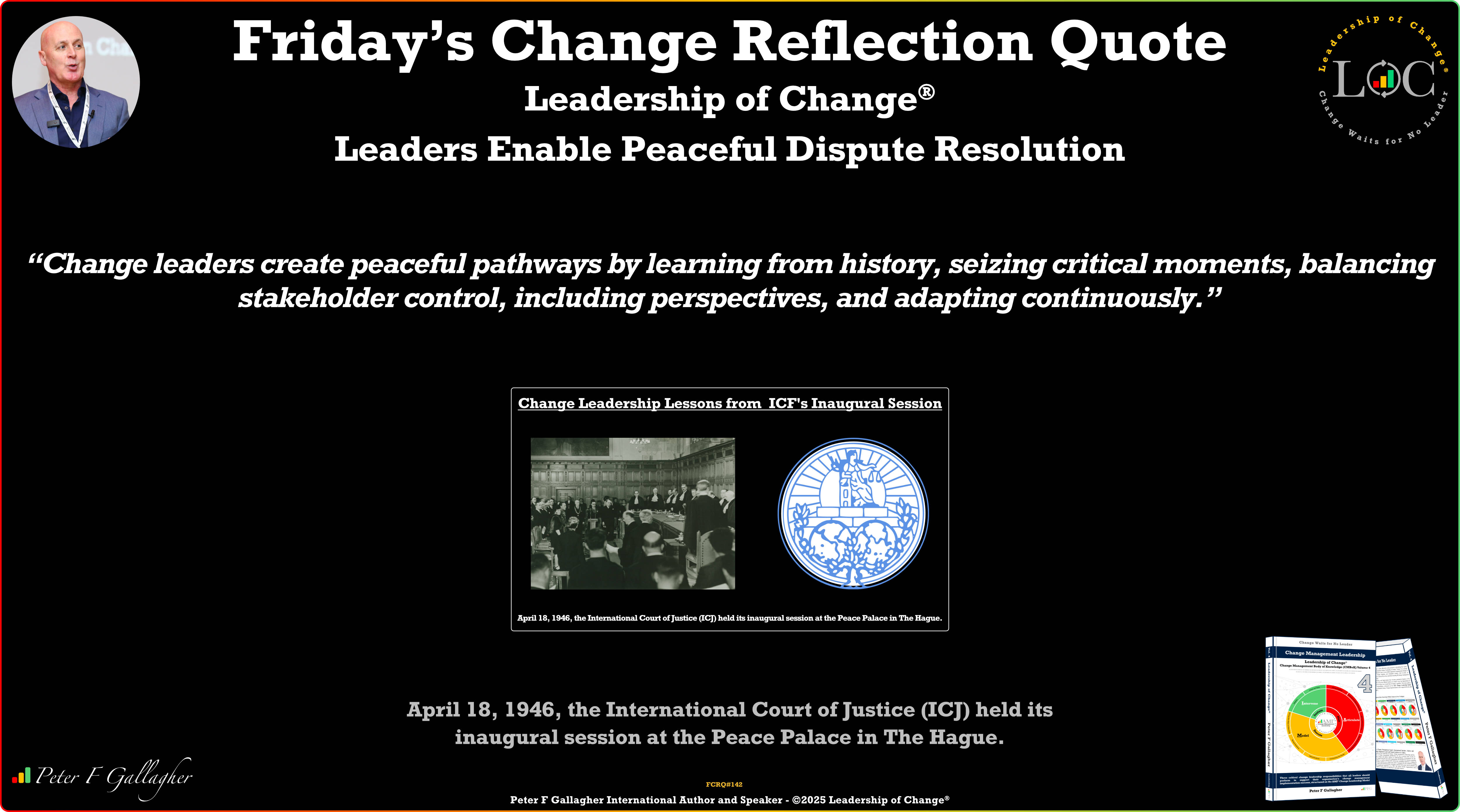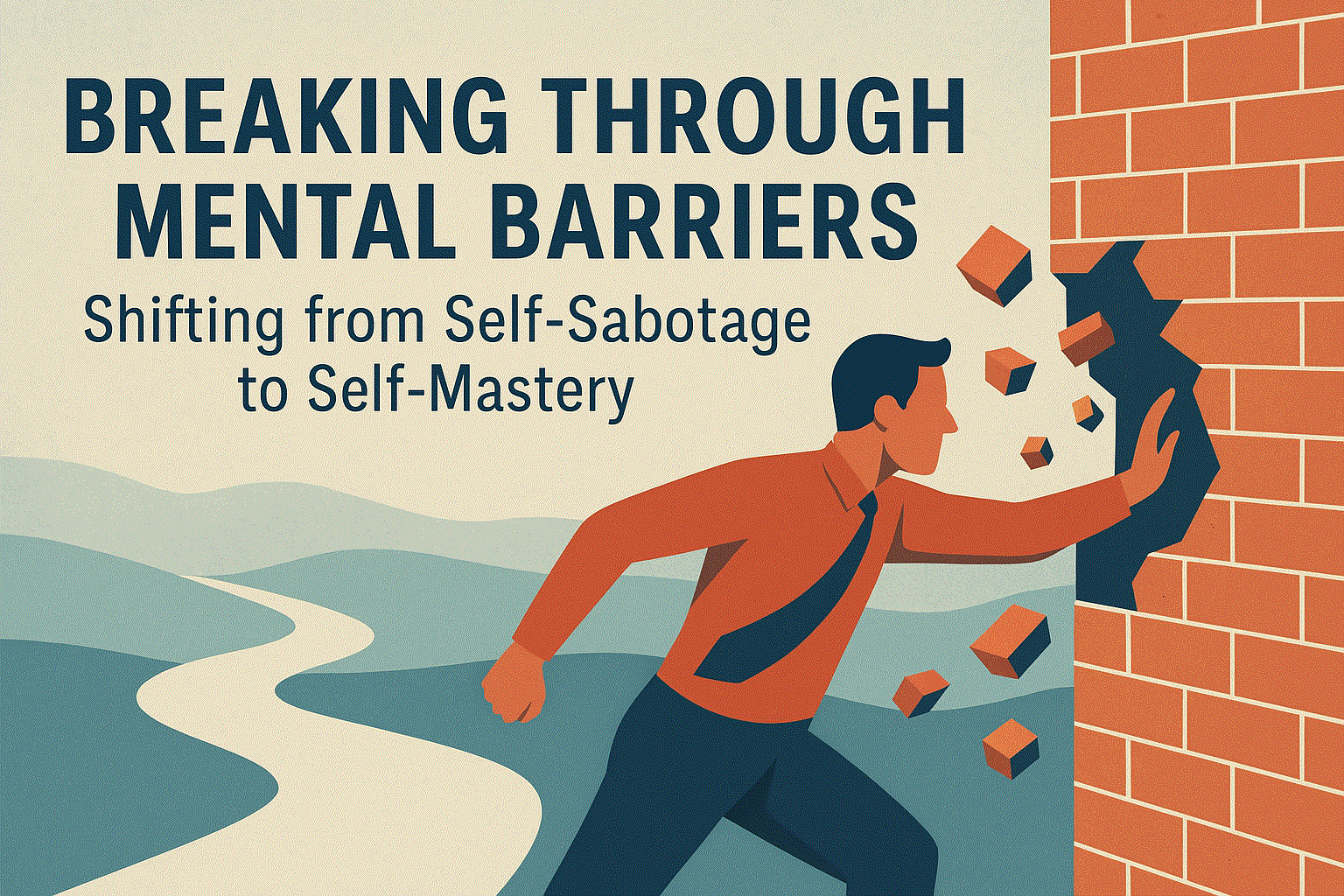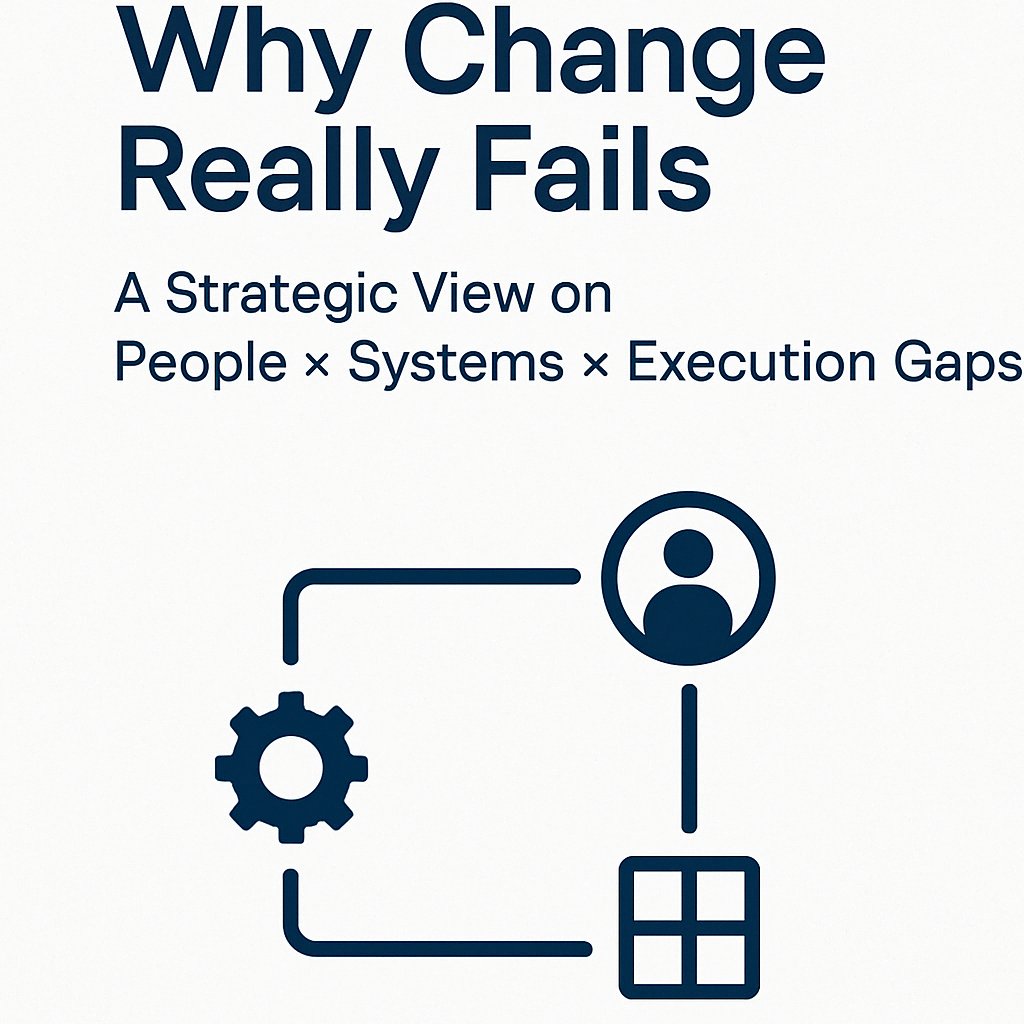Jan27

As CRM (1) evolves in sophistication and scope, agencies must prioritise not just what they do, but how and why they do it. the acronym "Depth(h)" provides my brief manifesto, if you want, on a guiding framework for success: Data, Environment, People & Processes, Technology and Human.
Data: From Thin to Thick
In the world of CRM, data is king (2). But not all data is created equal. Thin data provides the transactional "what"—purchase histories, website clicks, and loyalty behaviours. It’s what businesses are comfortable with today: footprints in the sand, indicators of past behaviour (3).
However, thick data delivers the "why"—the mindset and motivations behind these actions. For example, when working with a DIY retailer, thin data revealed immediate revenue opportunities through upselling customers purchasing sample pots of paint. However, the real strategic breakthrough came from understanding that purchases like a packet of birdseed—seemingly trivial—signalled major home improvement projects. Customers purchasing these items were often in the inspiration or preparation stage of renovations. This insight moved the business from reactive marketing to pre-emptive value creation, uncovering opportunities to drive significant customer spend before competitors could. Thick data forces us to think about the customer mindset
Environment: Macro and Micro Insights
CRM doesn't operate in a vacuum. Successful strategies consider both macro-environmental forces—market trends, competitor moves, and societal shifts—and the micro-environmental context surrounding customer interactions.
At a macro level, it's about anticipating shifts in consumer behaviour, such as the growing demand for sustainability or personalization (4). At a micro level, understanding the immediate context of customer engagement is critical. Is the customer in-store, online, or using a hybrid approach? Have they already downloaded a product guide, or attended a virtual consultation? Every interaction provides a breadcrumb leading to deeper engagement. CRM brand leaders must align strategies to these environments, ensuring relevance and resonance at every touchpoint.
And Brand is important. CRM marketers need to act like brand marketers more often and consider what the brand would do at this point of interaction with the customer.
People and Processes: Building CRM-Ready Teams
No CRM strategy can succeed without the right people and processes. A critical first step is auditing organisational capabilities and workflows. This involves not just understanding current skills but envisioning the future model: centralised, decentralised, or hybrid structures that empower both headquarters and regional teams.
Processes must evolve to facilitate agility, enabling teams to act on insights in real-time. This is not just about workflows but creating a culture of learning and adaptation, where data and insights flow freely across silos. Leaders in CRM should ask, "Do we have the right skills, incentives, and structures to deliver the customer experience we aspire to?"
Technology: Avoiding the Trap of Cruel Optimism
Technology is the enabler but should never be the driver. Too often, brands fall into the trap of "cruel optimism," a concept described by Lauren Berlant and adapted by me: where the tools we desire end up inhibiting our goals. Technology must serve the business, not the other way around.
This means selecting platforms that integrate seamlessly into existing ecosystems, empower teams with actionable insights, and enhance the customer experience. The focus must remain on how technology enables better understanding, engagement, and value delivery for customers.
Human: The silent ‘H’ in too many cases
Let’s not forget that at the end of an email, in front of a screen or talking to a retail colleague is a human (5). They are complexed and nuanced; at any one time a customer and not a customer (6).
The Depth Proposition
My vision for CRM is one of customer-centric orchestration. By uniting thin and thick data, contextual awareness, empowered teams, and purposeful technology, we can create CRM strategies that are not only effective but transformative.
This isn’t just CRM; it’s CRM with Depth.
Keywords: CRM, Customer Loyalty, Marketing
 Friday’s Change Reflection Quote - Leadership of Change -Leaders Enable Peaceful Dispute Resolution
Friday’s Change Reflection Quote - Leadership of Change -Leaders Enable Peaceful Dispute Resolution The Corix Partners Friday Reading List - April 18, 2025
The Corix Partners Friday Reading List - April 18, 2025 Breaking Through Mental Barriers: Shifting from Self-Sabotage to Self-Mastery
Breaking Through Mental Barriers: Shifting from Self-Sabotage to Self-Mastery Why Change Really Fails: A Strategic View on People × Systems × Execution Gaps
Why Change Really Fails: A Strategic View on People × Systems × Execution Gaps Beyond the Buzz: What It Really Takes to Build a Business Ecosystem
Beyond the Buzz: What It Really Takes to Build a Business Ecosystem